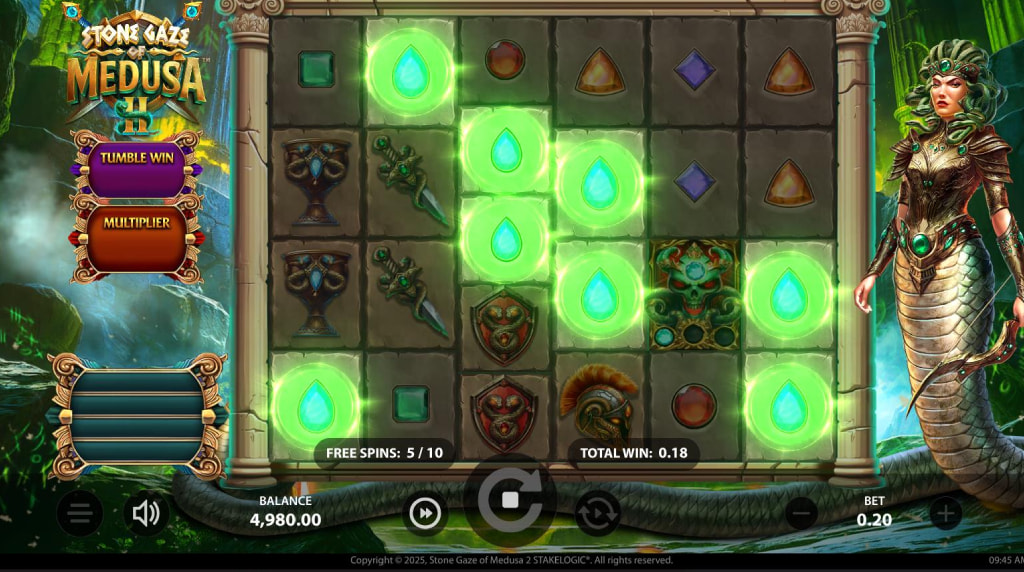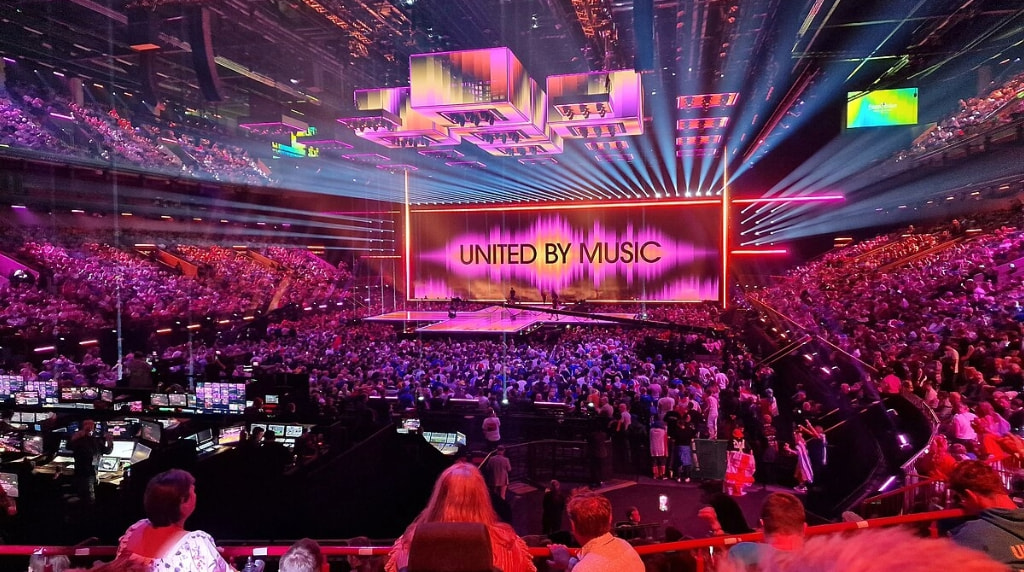Gambling marketing violation sees BML Group receive a massive fine in Finland
The National Police Board (NPB) of Finland imposed a conditional €2.4 million fine on BML Group after the operator violated the gambling marketing guidelines specified in the Lotteries Act of the country. According to the NPB, the Betsson-owned subsidiary targeted Finnish players with its marketing activities last month. With Veikkaus Oy still retaining its gambling monopoly in the Nordic state, no other operators are allowed to operate legally within the borders of Finland. Hence, the NPB has levied a massive conditional fine.

The National Police Board (NPB) of Finland imposed a conditional €2.4 million fine on BML Group after the operator violated the gambling marketing guidelines specified in the Lotteries Act of the country.
©Tapio Haaja/Unsplash
BML Group is a renowned operator that brings various iGaming products to the table across several European countries. These products include bingo, casino, live casino, poker, games, scratchcards, and sports betting. Initially, the operator kick-started its operation with land-based gambling. Years after its inception, the operator entered the world of iGaming and currently operates under the renowned gambling operator Betsson. BML Group is one of many subsidiaries owned by the Malta-based operator, as it also owns many iGaming and sports betting brands. Some of the iGaming brands owned by Betsson are Rizk, SuperCasino, StarCasino, and Thrills, while it is also home to sports betting brands like BetSafe, Colbet, EuropeBet, NordicBet, and more. In the last year, Betsson also completed two key acquisitions that helped expand its network. The Malta-based operator acquired a majority stake in B2C operator Betbonanza in Nigeria. This move came before Betsson acquired a majority stake in B2B sportsbook solutions provider KickerTech in Malta and Lithuania.
Like other major operators, Betsson intends to expand its global operations with every acquisition it makes. The operator has entered four regulated gambling jurisdictions in Europe via its subsidiaries in the last five years. However, one country that Betsson or any other gambling operator cannot enter is Finland. Unlike other Nordic states like Denmark and Sweden, Finland still has a gambling monopoly in place. Veikkaus is the only state-owned gambling operator which legally provides gambling services to the people in Finland. The operator is also allowed to conduct marketing activities for its services within the jurisdiction, but these activities have to follow pre-set rules that are specified in the Finnish Lotteries Act. The regulatory and supervisory responsibilities have been divided between two entities. The regulatory responsibility of the gambling monopoly belongs to the Ministry of the Interior, while the complete supervision of it is conducted strictly by the NPB. Despite being the sole operator in Finland, Veikkaus has to abide by all guidelines mentioned in the Lotteries Act.
This also includes the limitation of marketing activities, Veikkaus can market its offerings as long as these marketing activities are not aggressive. The operator has to ensure that all such activities are in moderation. The Finnish Lotteries Act prohibits marketing any gambling activity that leads to economic or social harm. It also considers player safety as a major responsibility and prohibits Veikkaus from targeting minors and other individuals who may be vulnerable.
These are just a few of the many rules Veikkaus has to follow. Due to this monopoly, no outside operator is allowed to enter the regulated Finnish gambling market. Operators tend to enter such markets illegally by making their websites and other platforms available for players in Finland. When detected, such operators are slapped with hefty fines, forcing them to cease their offerings in the Nordic state. The latest victim of such a violation and a huge conditional fine was the BML Group. According to the NPB, BML Group targeted Finnish players with its marketing activities, violating the Finnish Lotteries Act in the process.
Section 16 of Chapter 17 of the Criminal Code in the Finnish Lottery Act elaborates on the repercussions of individuals or companies offering illegal gambling in the country. Section 16(a) includes directives on lottery offenses, while Section 16(b) holds the guidelines for raffle-related violations. In its report, the NPB specified that BML Group had been targeting Finland with its marketing activities for an extensive period. Information regarding the period during which these violations emerged was not disclosed. Additionally, if the Betsson-owned subsidiary does not stop targeting Finnish players with its marketing activities, the NPB will enforce the issued conditional fine. BML Group can appeal this decision in court before it enters into force in less than a couple of weeks.
Revenue increased in 2022 for Betsson
Apart from the conditional fine in Finland, Betsson and its subsidiaries are performing well in multiple regulated gambling markets worldwide. Acquisition of companies and expansion into other regulated jurisdictions have reaped profit for the Malta-based operator. Recovering from the restrictions that were in place during the Covid-19 pandemic has been difficult for several operators. Revenues dipped during 2020 and 2021. However, in 2022, Betsson recorded success last year after the annual revenue spiked by 18 percent.
In 2021, Betsson roped in annual revenue of €657.7 million from all subsidiaries and gambling segments. Last year, the revenue increased to €777.2 million, along with strong organic growth in the Latin American, European, and Central Asian regions. The gross profit also increased by 18 percent to €504.4 million. The segment which performed the best in 2022 was the casino segment, which generated revenue of €514.5 million. The sportsbook generated €251 million. The remaining revenue of €11.7 million came in via various other segments from multiple subsidiaries. The number of registered players also increased from 23,306,560 to 26,815,714.
Dissolution of Finnish gambling monopoly could be on the cards
Very few regulated gambling jurisdictions worldwide still have a complete or partial gambling monopoly in place. Apart from Finland, Luxembourg and Norway are a couple of European nations with an active gambling monopoly. Other Nordic states like Denmark and Sweden have switched to a license-based gambling market. Denmark adopted that system in 2012, while Sweden concluded Svenska Spel’s monopoly in the country in 2019.
Earlier this year, the Finland government was dissolving the complete monopoly of gambling in the country and adopting a license-based system, encouraging private gambling operators to enter the regulated market of Finland with a proper gambling permit. As things stand, Veikkaus is the sole lottery and iGaming provider in the country. However, that could change as early as this year if the Nordic state follows the footsteps of Denmark and Sweden.



